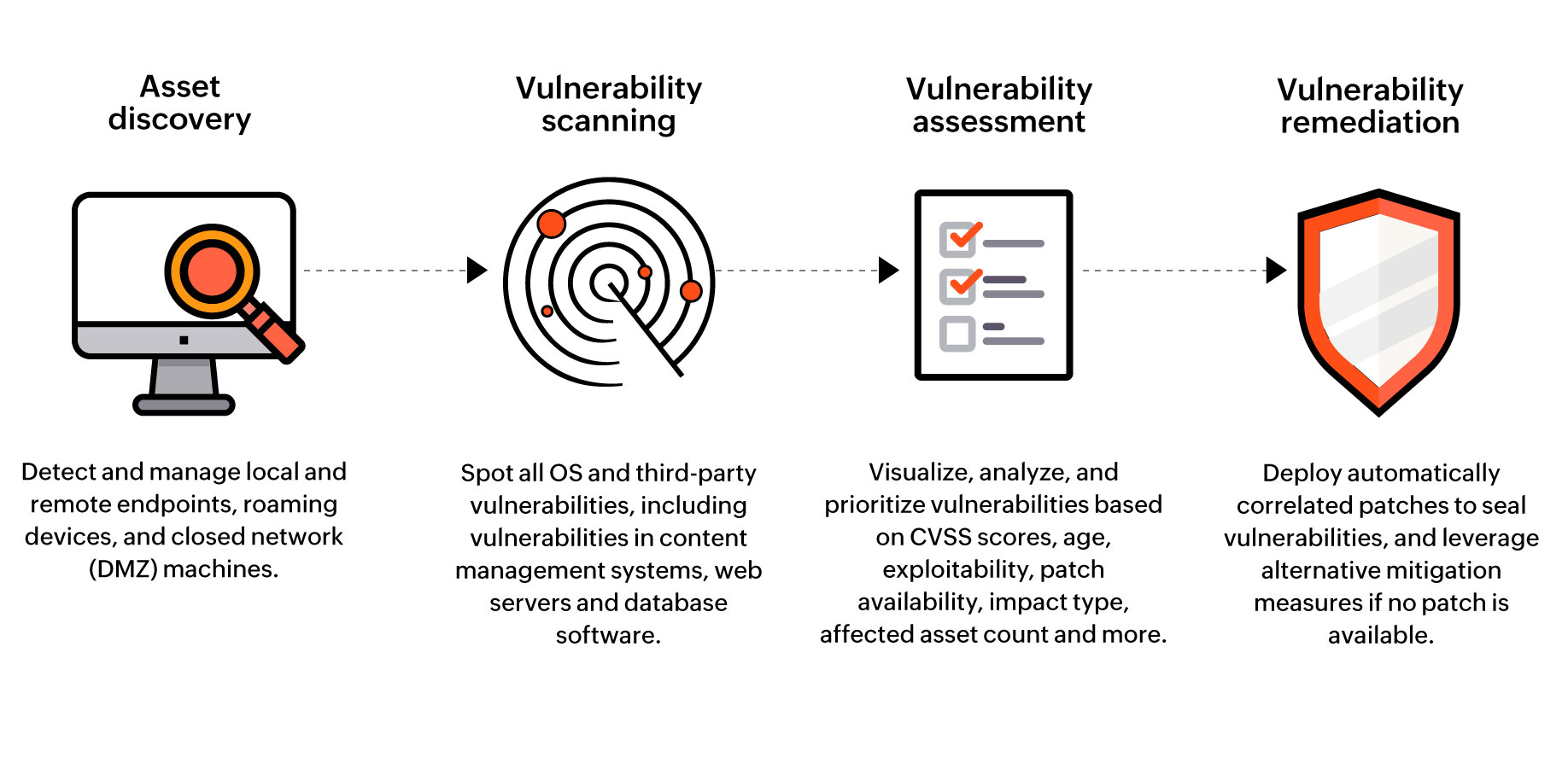Software vulnerability is a weakness present in computer software or emails that allows hackers or unauthorized users to gain access or cause harm to a computer system. Software vulnerabilities can be caused by coding errors, loopholes, or ambiguities in program design or implementation, as well as the lack of proper validation of user input, inadequate security protocols, or the presence of malicious code. When exploited by malicious attackers, such vulnerability can give them access to confidential information, commit fraud, or even cause system crashes.
Though software vulnerabilities have existed for decades, they have become increasingly used by attackers because of the widespread use of the internet and the development of sophisticated hacker techniques. As a result, many organizations take great effort to identify, classify, and report on software vulnerabilities to mitigate the risks associated with them.
Software vulnerabilities can be categorized in several ways. Common approaches categorize software vulnerabilities as either local to the system, where unauthorized access is gained directly to the computer itself, or remote, where remote access is gained through external means, such as the Internet.
The most common types of software vulnerabilities include code vulnerabilities, system configuration vulnerabilities, privilege escalation vulnerabilities, and authentication vulnerabilities.
Code vulnerabilities refer to errors in programming code present in a system. These include design flaws, buffer overflows, race conditions, and common mistakes such as improper input validation and insufficient error checking.
System configuration vulnerabilities refer to misconfigurations on the system, such as the use of default passwords, weak permission settings, the presence of unnecessary services, and vulnerabilities present in outdated software versions.
Privilege escalation vulnerabilities result from the mismanagement of privileges assigned to users on the system. These vulnerabilities allow users to gain unauthorized access to files and data or even modify system settings and files.
Authentication vulnerabilities refer to flaws in the authentication mechanisms used to verify the identity of users. This can include weak passwords, lack of two-factor authentication, or the reuse of passwords across multiple accounts.
Software vulnerabilities can have a wide range of impacts on individuals and organizations, ranging from inconvenience to financial losses, data breaches, and even ransomware, which could cost companies millions of dollars. For this reason, organizations should take great care in ensuring that only code and systems with adequately tested security measures are used, and that all systems have proper security protocols in place.






